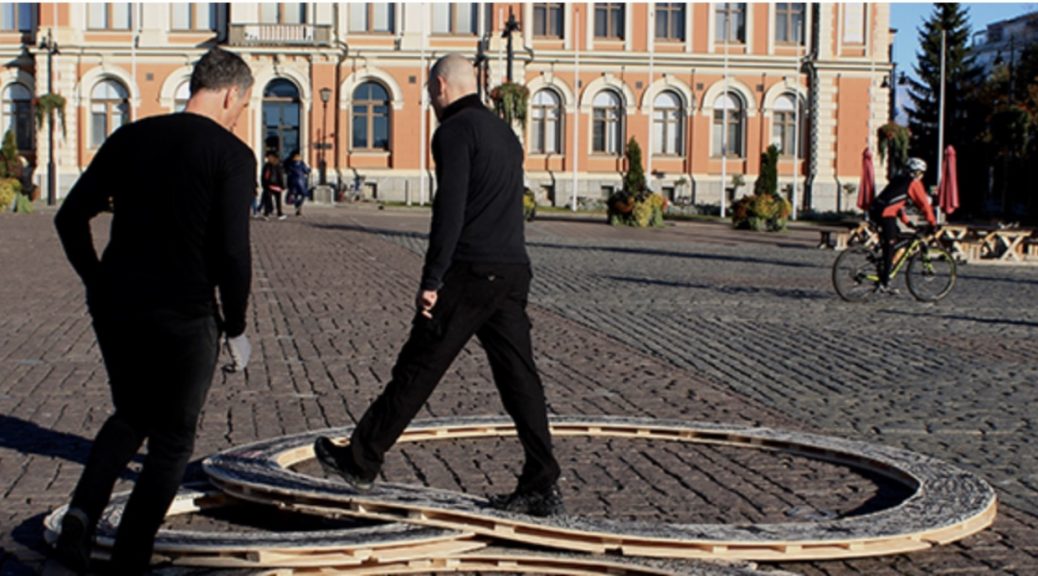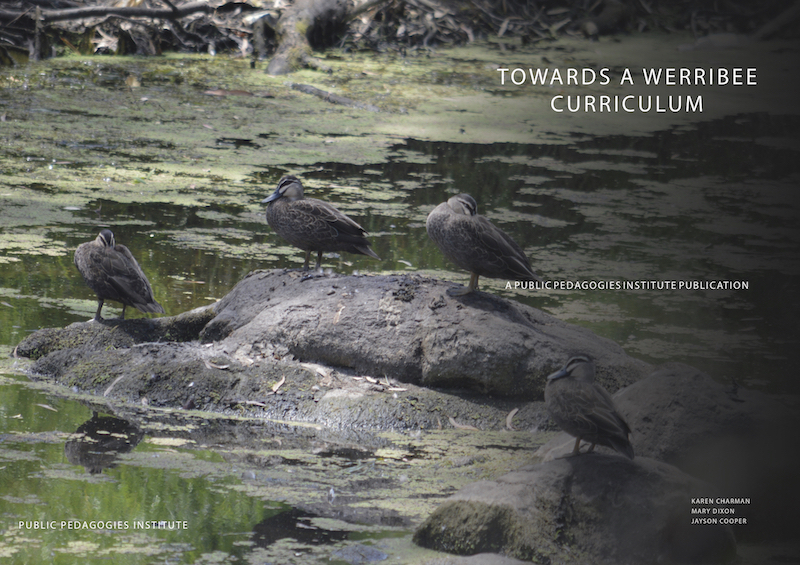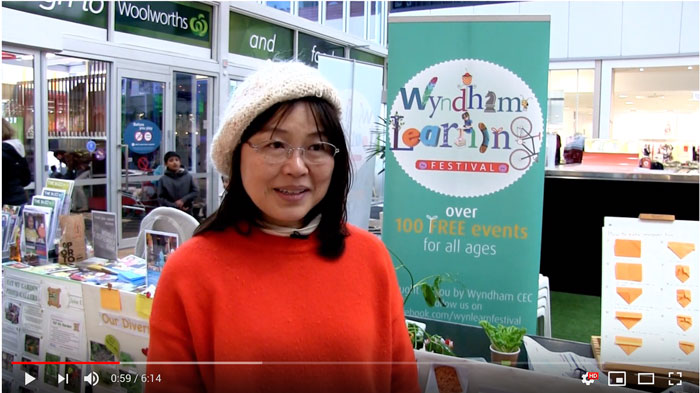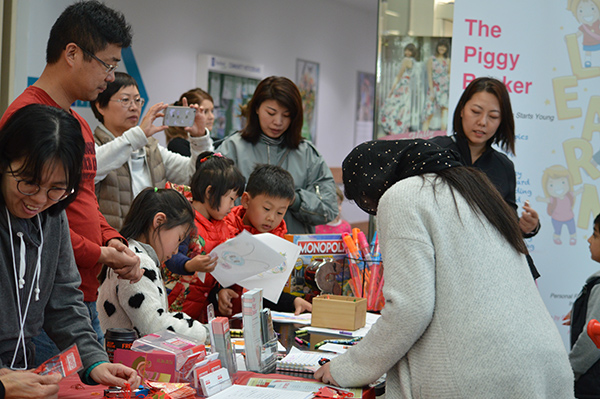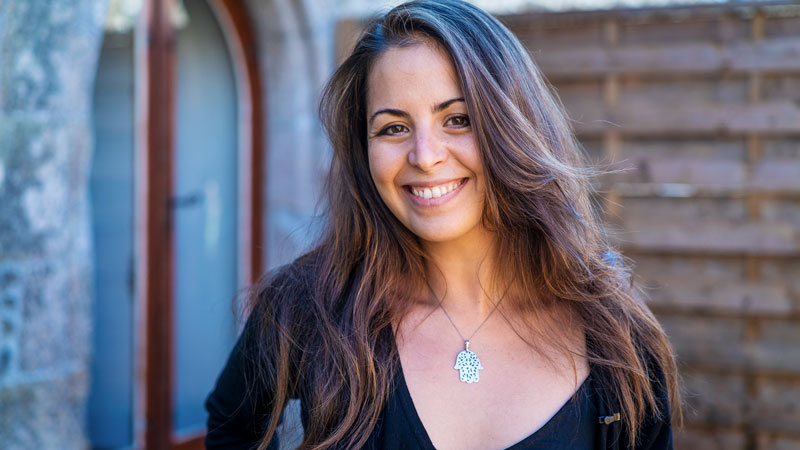Walking and Talking Public Pedagogies
November 28 – 29, 2019
Footscray, Melbourne
The annual Public Pedagogies Institute conference features a range of presentations, performances, forums and workshops across the diverse field of public pedagogies and is open to participants from many sectors.
The conference will take place over two days from November 28 – 29, at the Footscray Nicholson campus of Victoria University.
Keynote Speakers:
Stephanie Springgay
Stephanie Springgay is an Associate Professor in the Department of Curriculum, Teaching, and Learning at the University of Toronto. She is a leading scholar in research-creation methodologies with a focus on walking, affect, new materialisms and posthumanisms, queer theory, and contemporary art as pedagogy. Her most recent research-creation projects are documented at www.thepedagogicalimpulse.com, www.walkinglab.org and www.stephaniespringgay.com. She has published widely in academic journals and is the co-author of the book Walking Methodologies in More-than-Human World: Walkinglab Routledge (2018), with Sarah E. Truman; co-editor of M/othering a Bodied Curriculum: Emplacement, Desire, Affect, University of Toronto Press, with Debra Freedman; co-editor of Curriculum and the Cultural Body, Peter Lang with Debra Freedman; and author of Body Knowledge and Curriculum: Pedagogies of Touch in Youth and Visual Culture, Peter Lang.
Tony Birch
Tony Birch is a renowned academic, author, educator and researcher. In 2015, Dr Birch joined VU as the first recipient of the University’s Dr Bruce McGuinness Indigenous Research Fellowship. His research interests centre on climate change and indigenous knowledge systems. His highly acclaimed novels include Shadowboxing (2006), Father’s Day (2009), Blood (2011), The Promise (2014), Ghost River (2015) and most recently, The White Girl (2019). In 2017 he was awarded the Patrick White Literary Award for his contribution to contemporary Australian literature.
More details about the conference here.
PRE-CONFERENCE EVENT
Wednesday 27th November 11 am – 12 pm,
Royal Botanic Gardens Melbourne
Whau Conversations: Hikoi – a walking workshop with artists from Aotearoa/New Zealand in the Royal Botanic Gardens, Melbourne.

